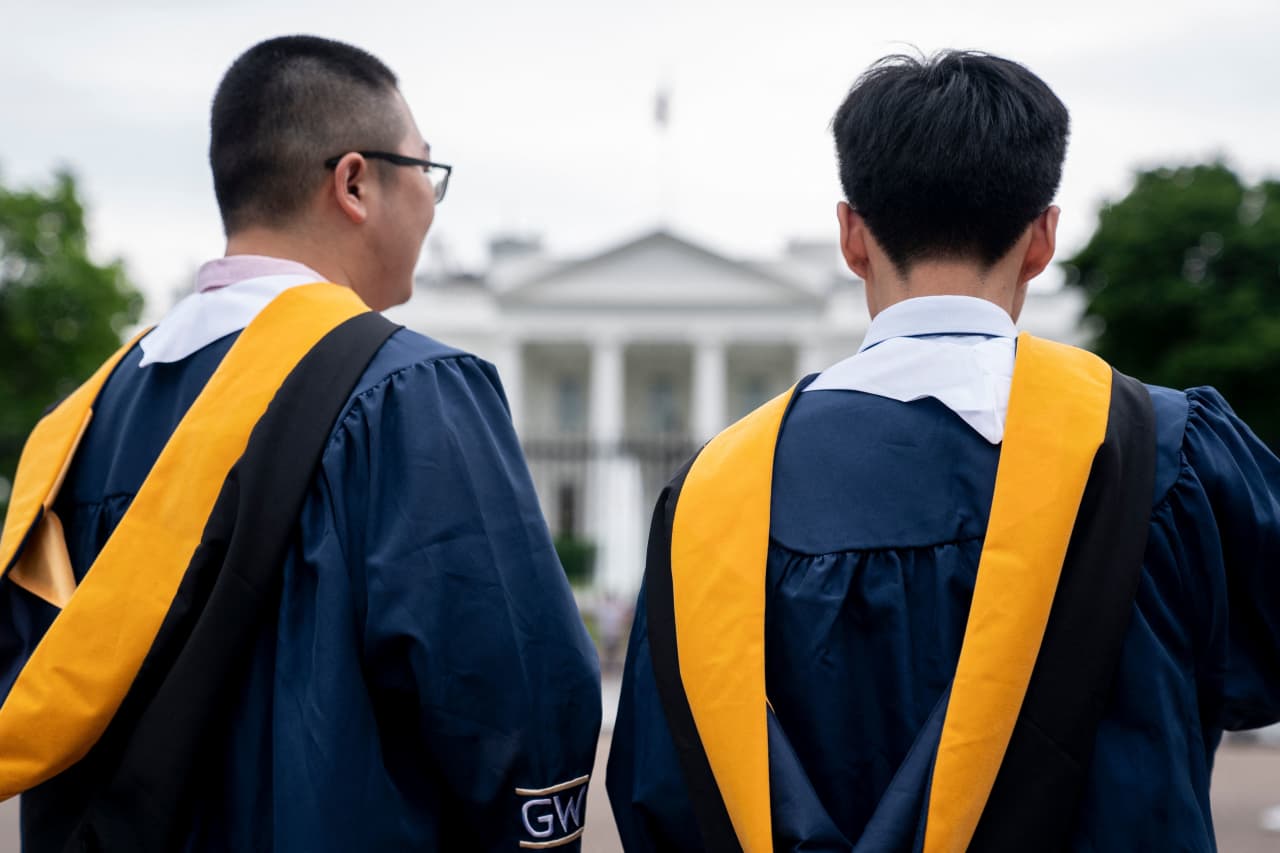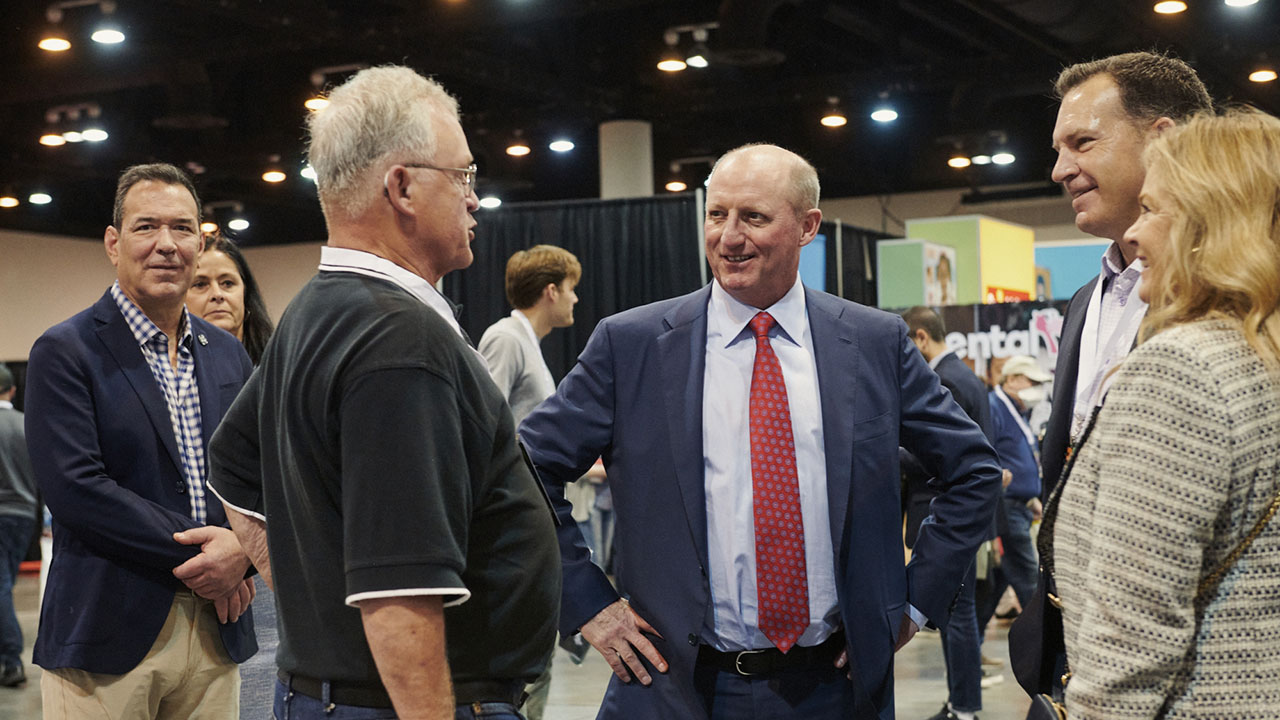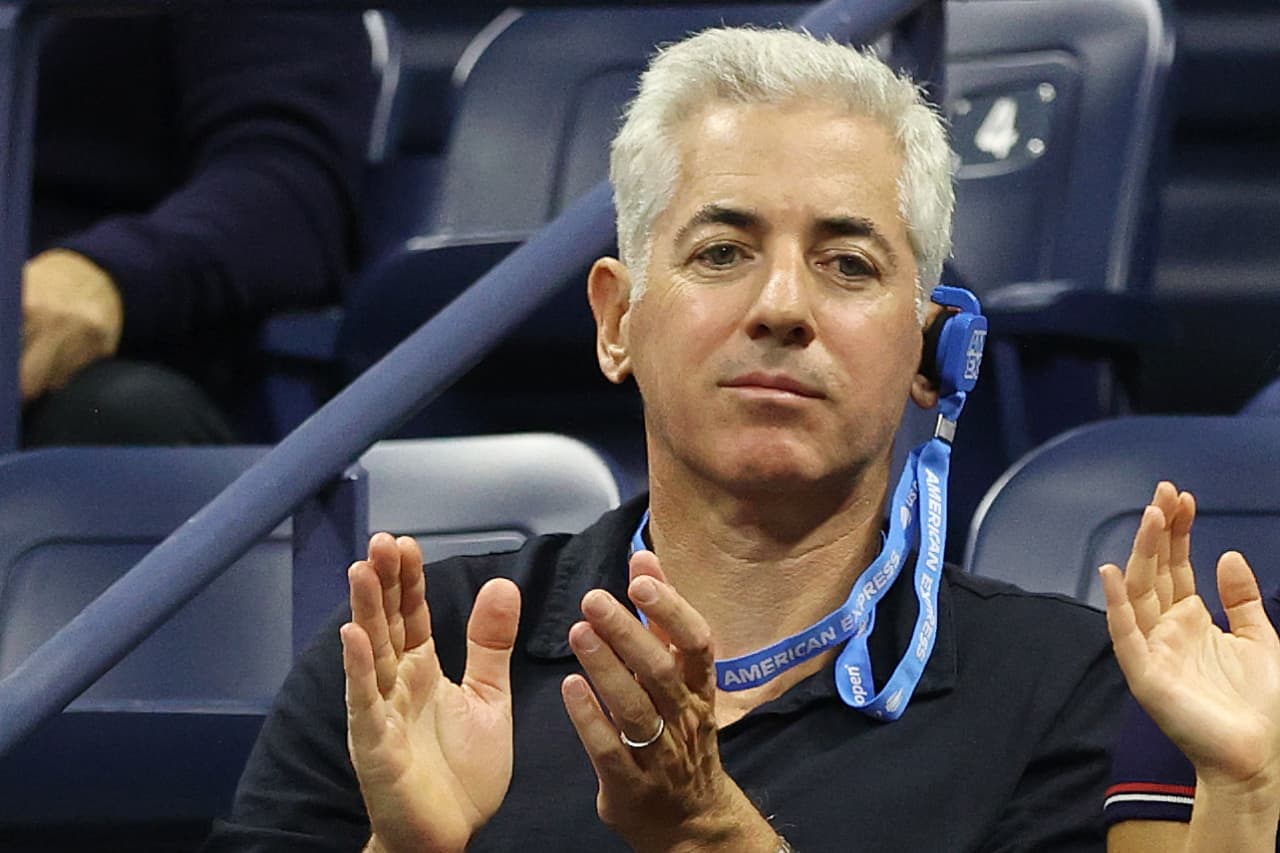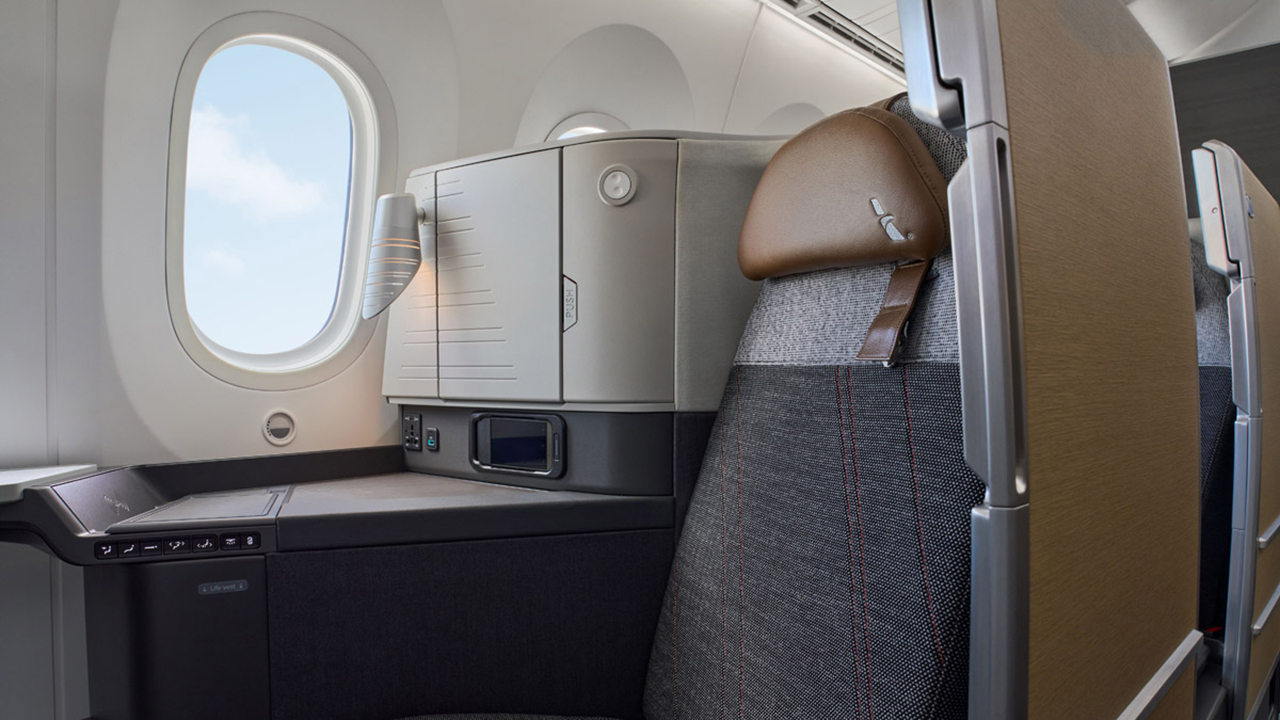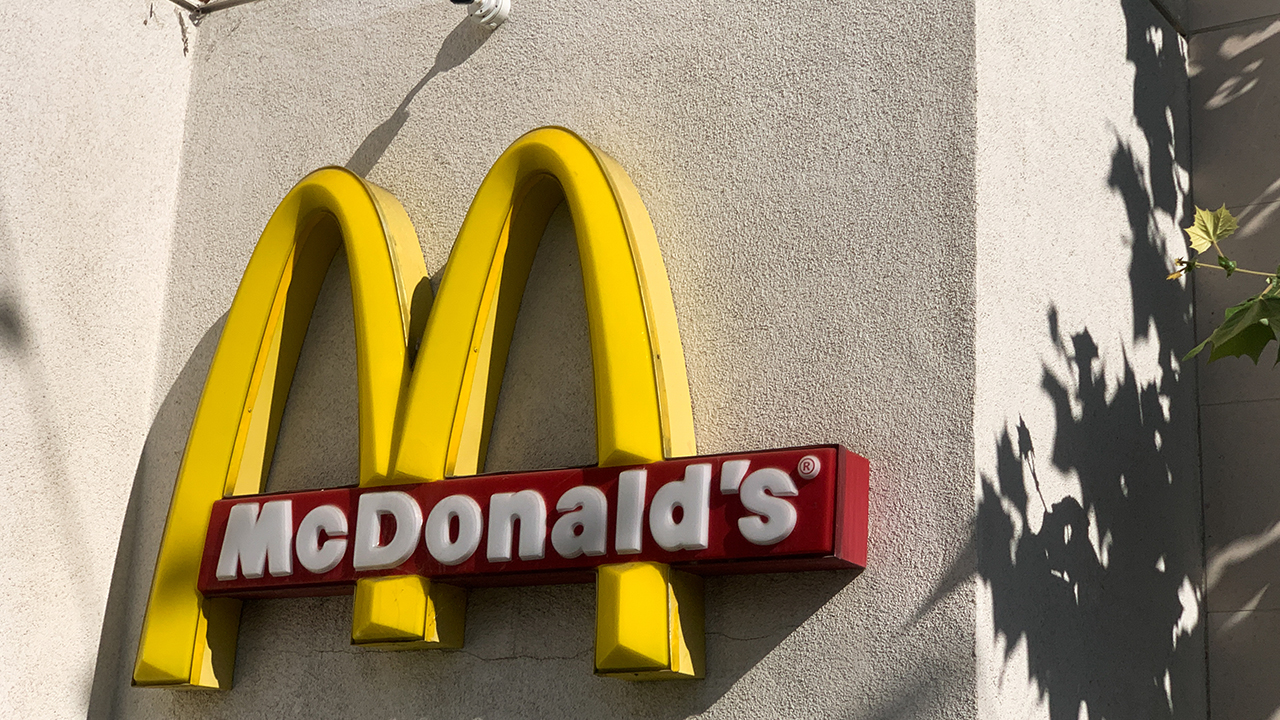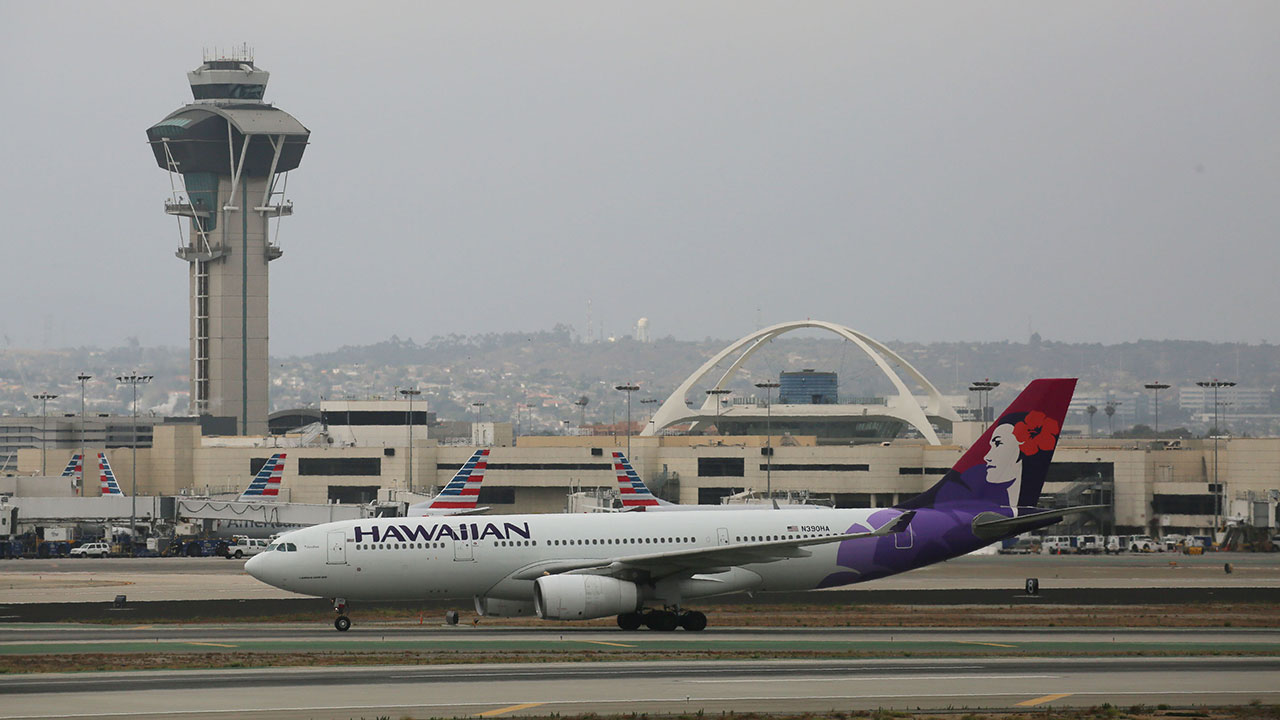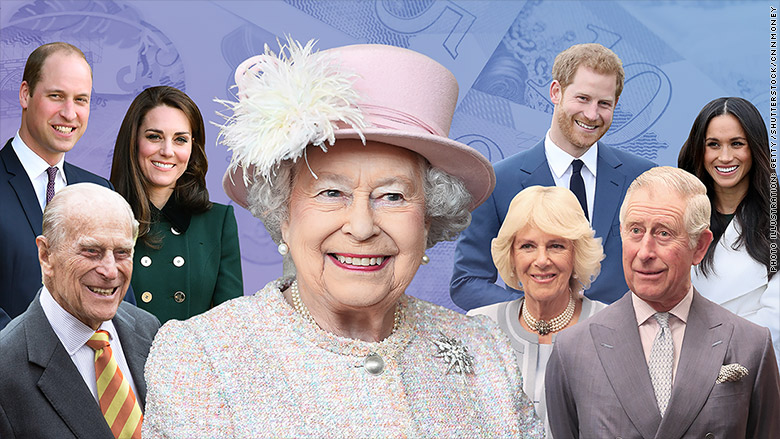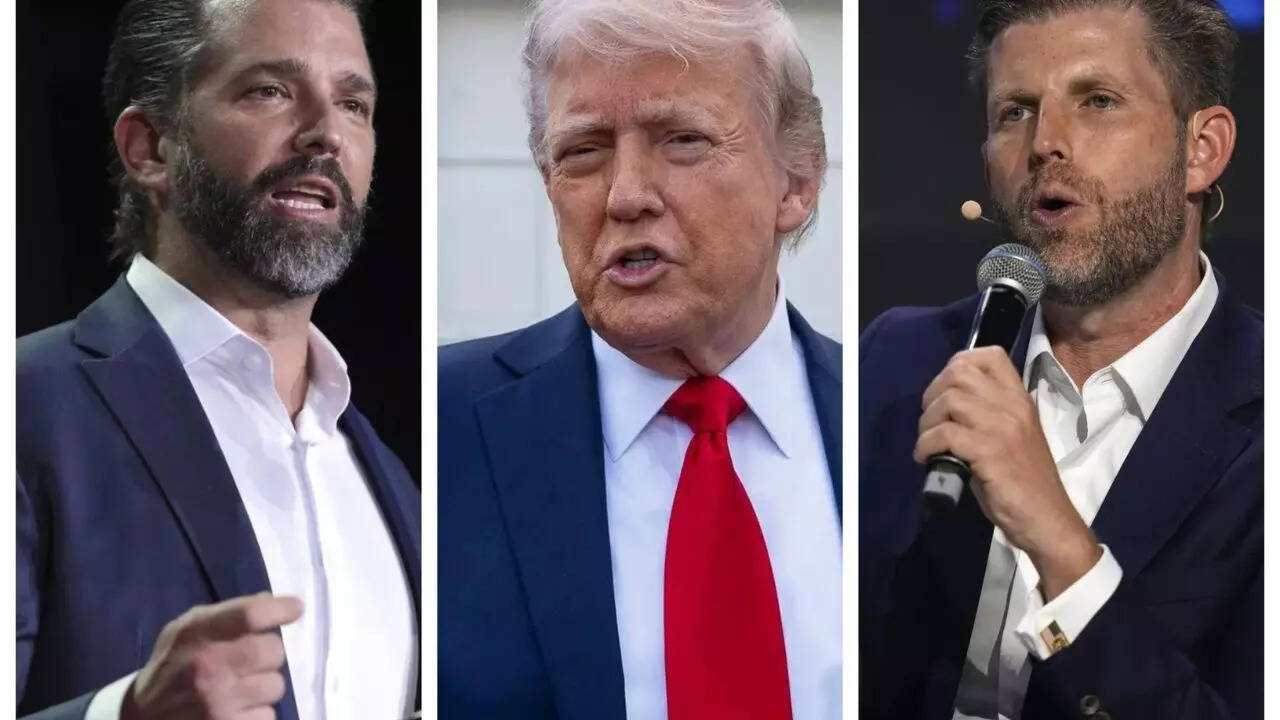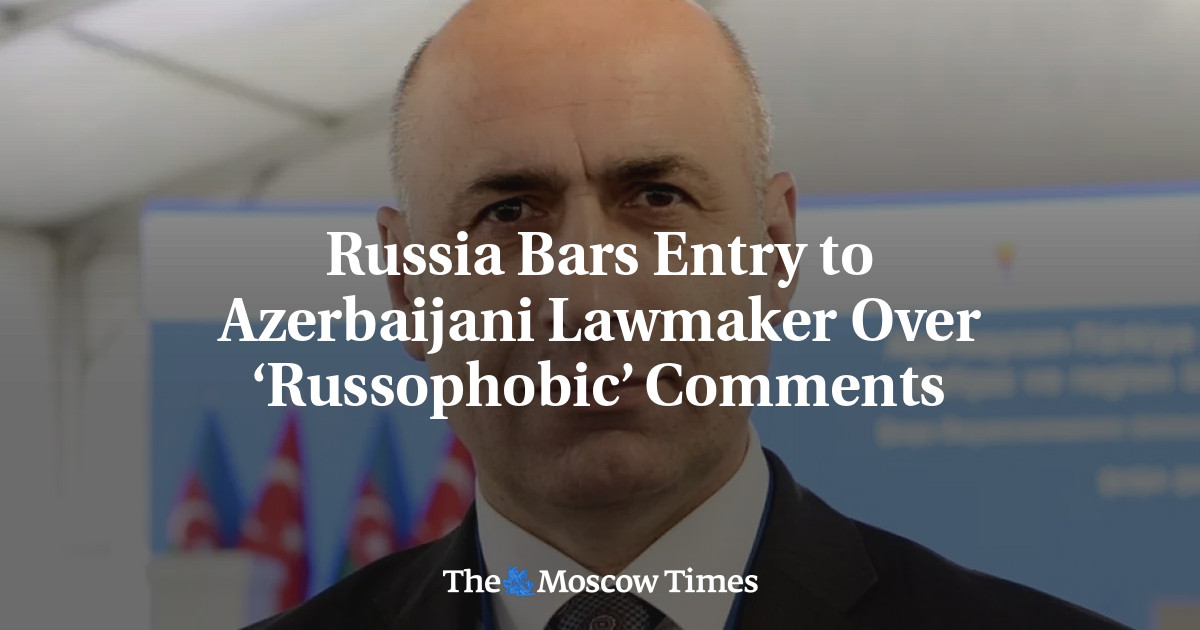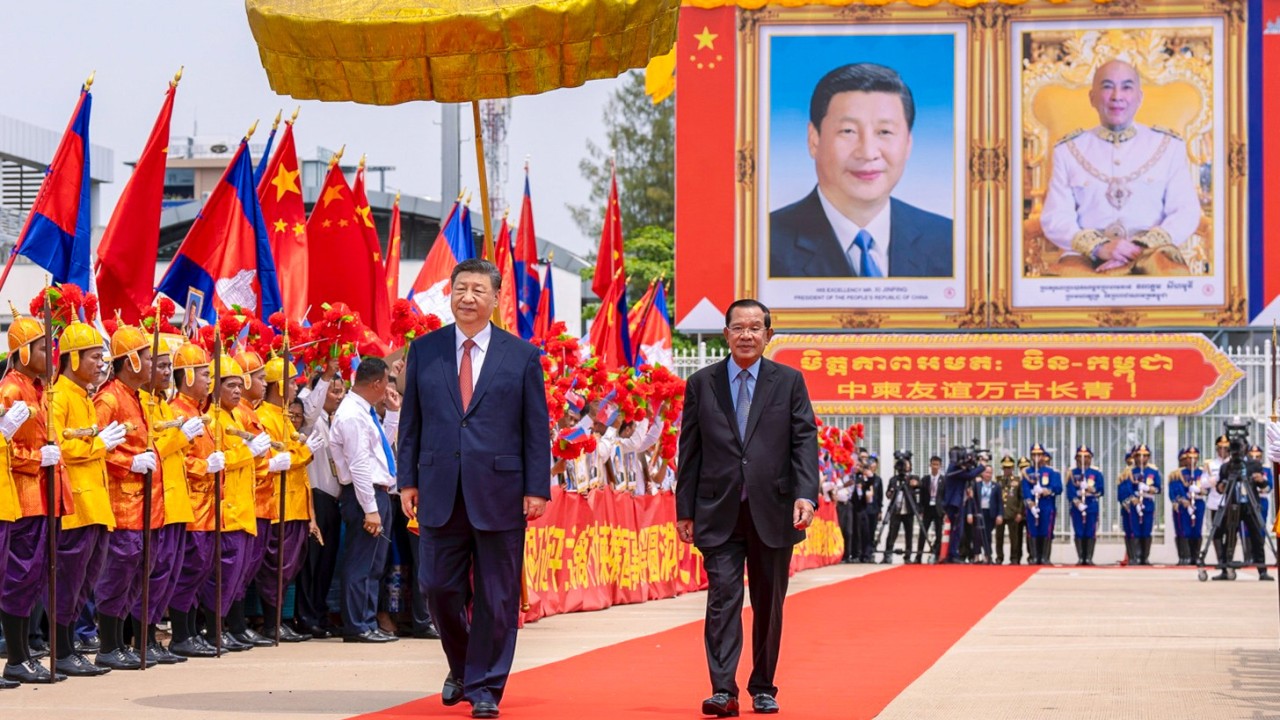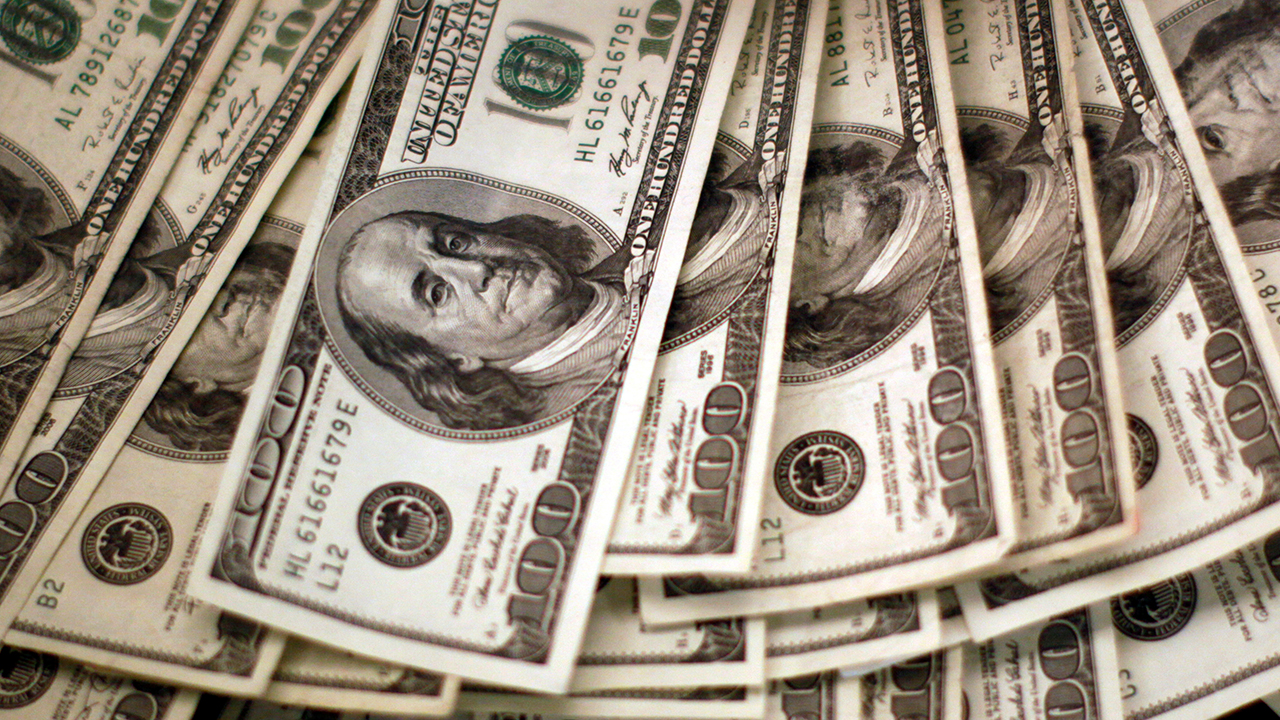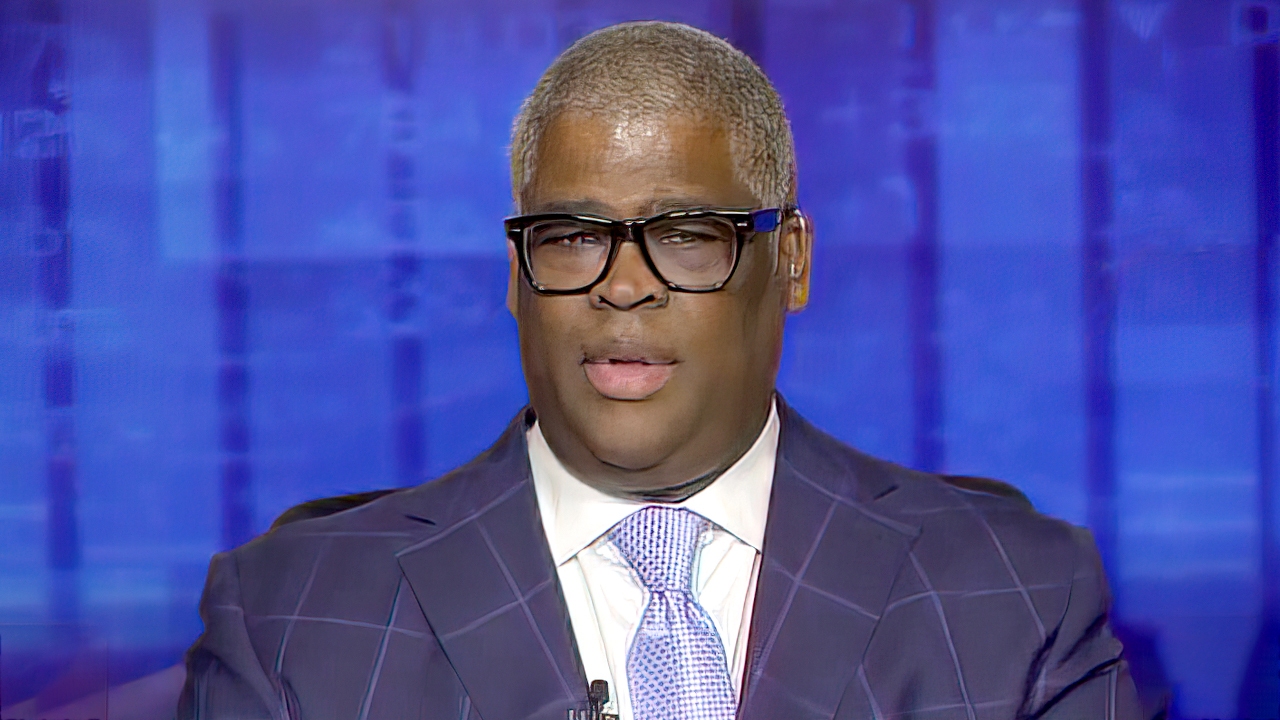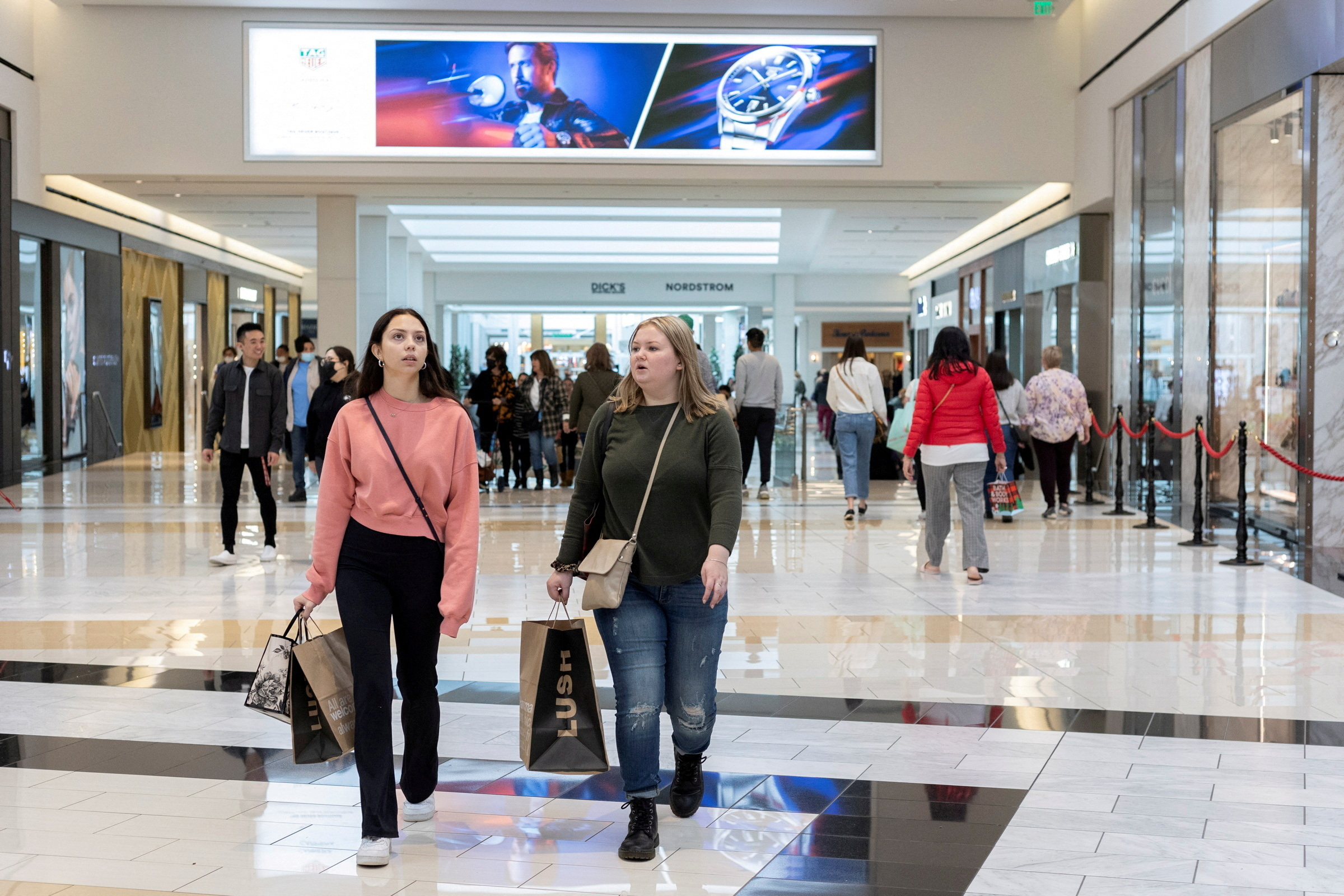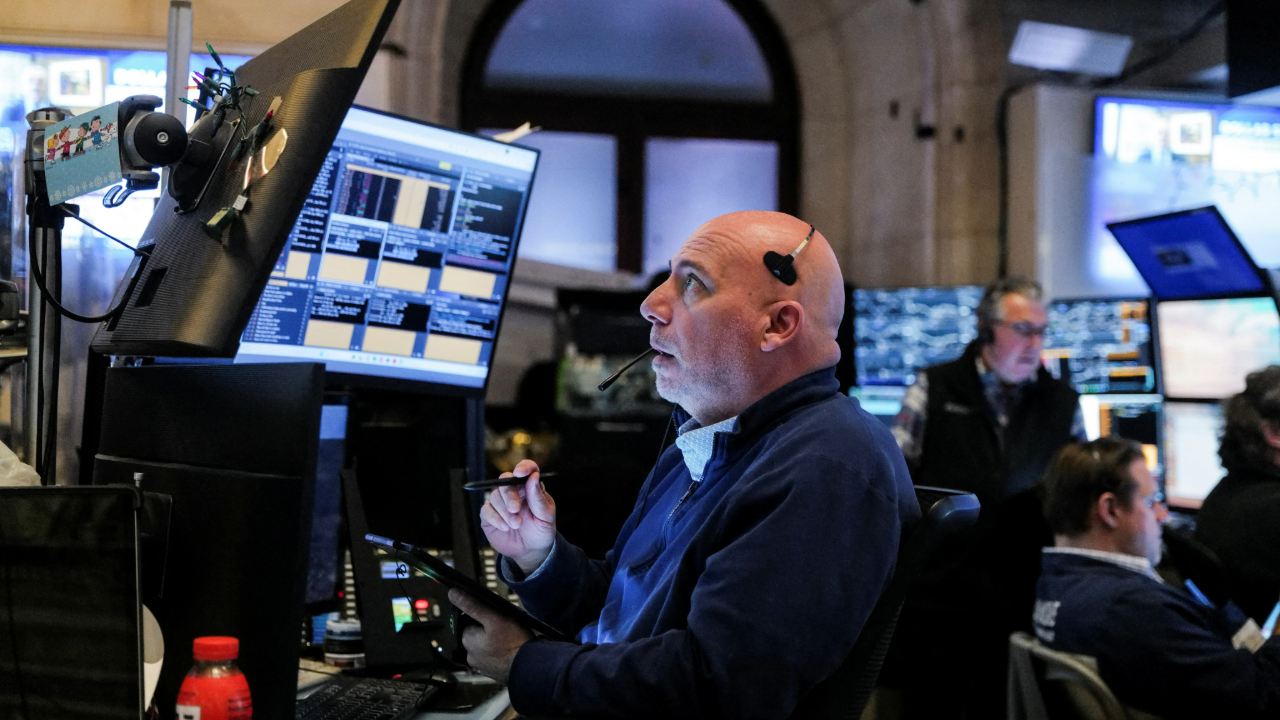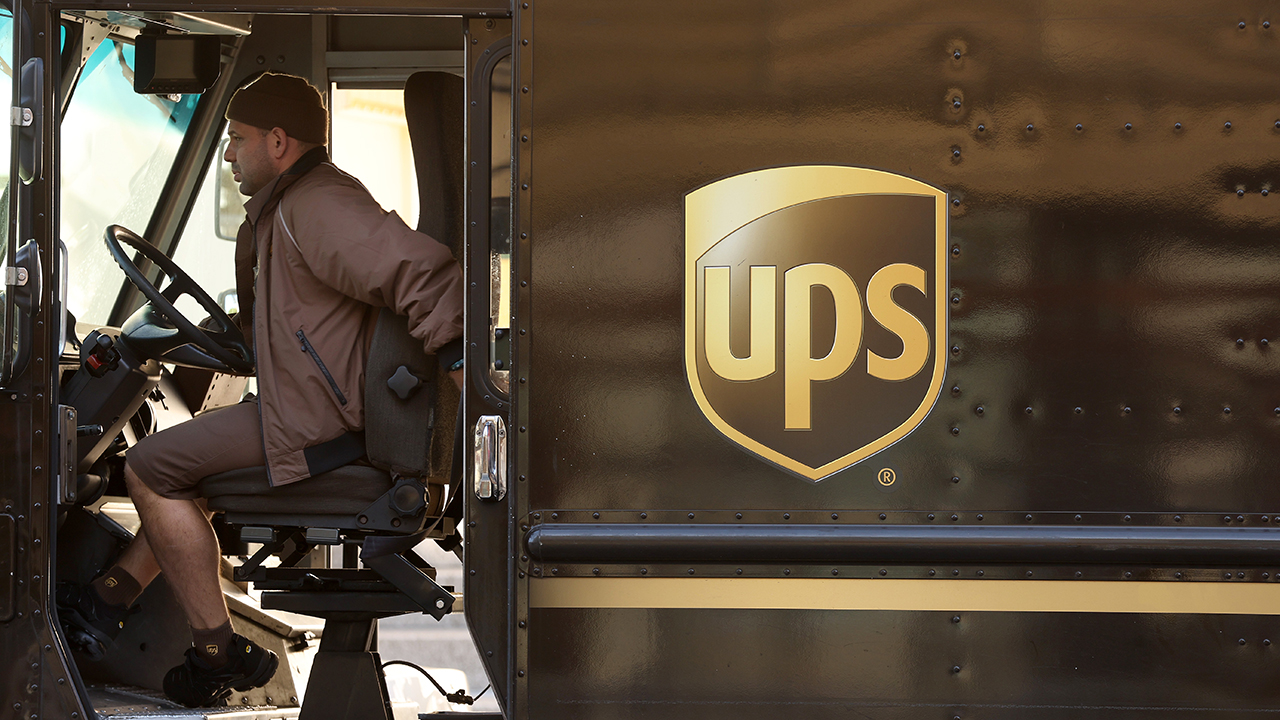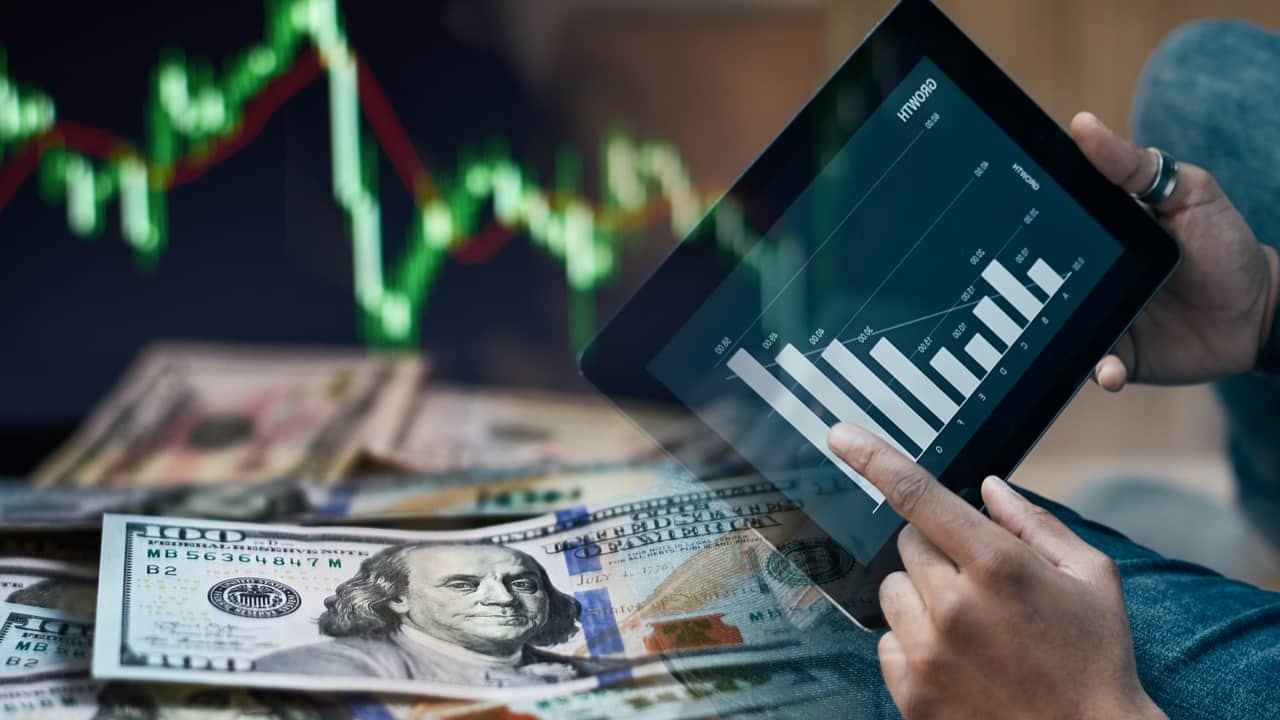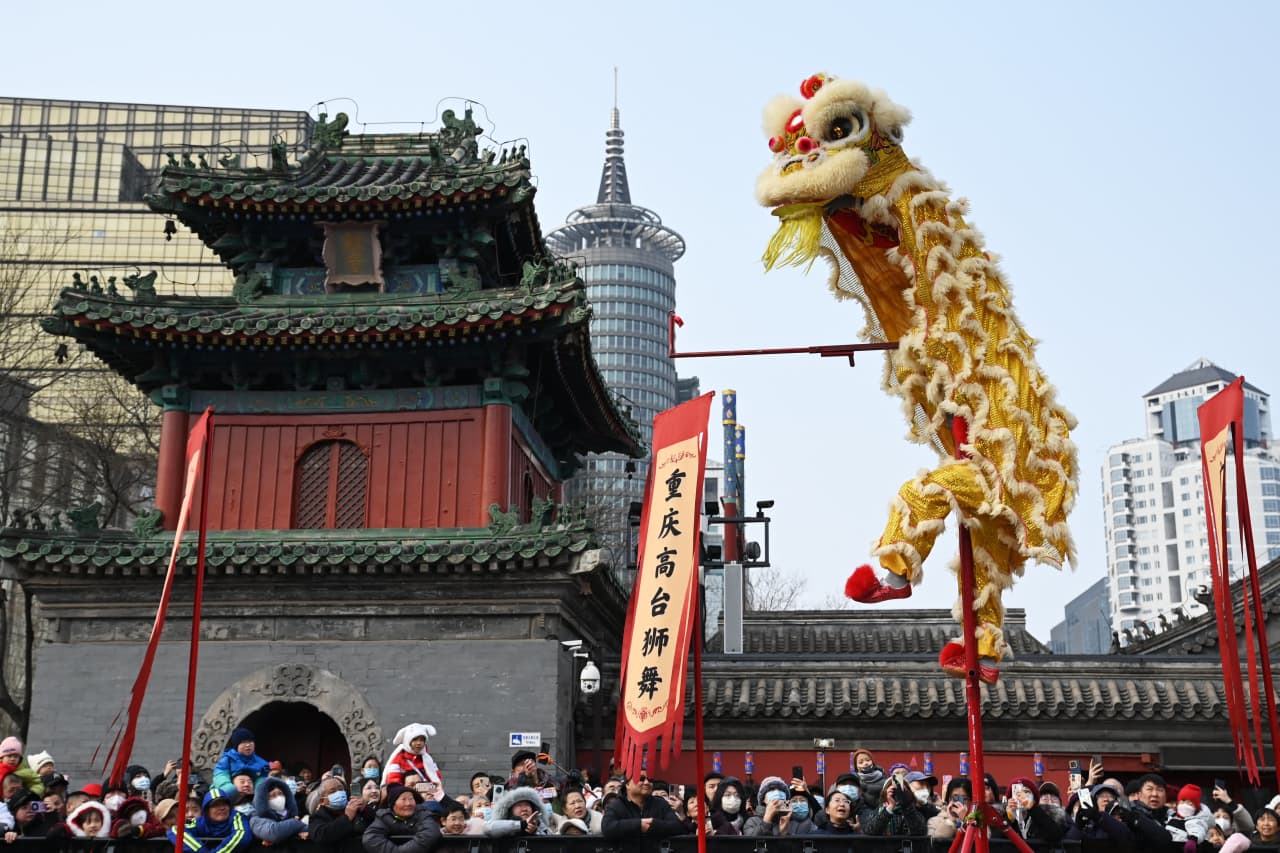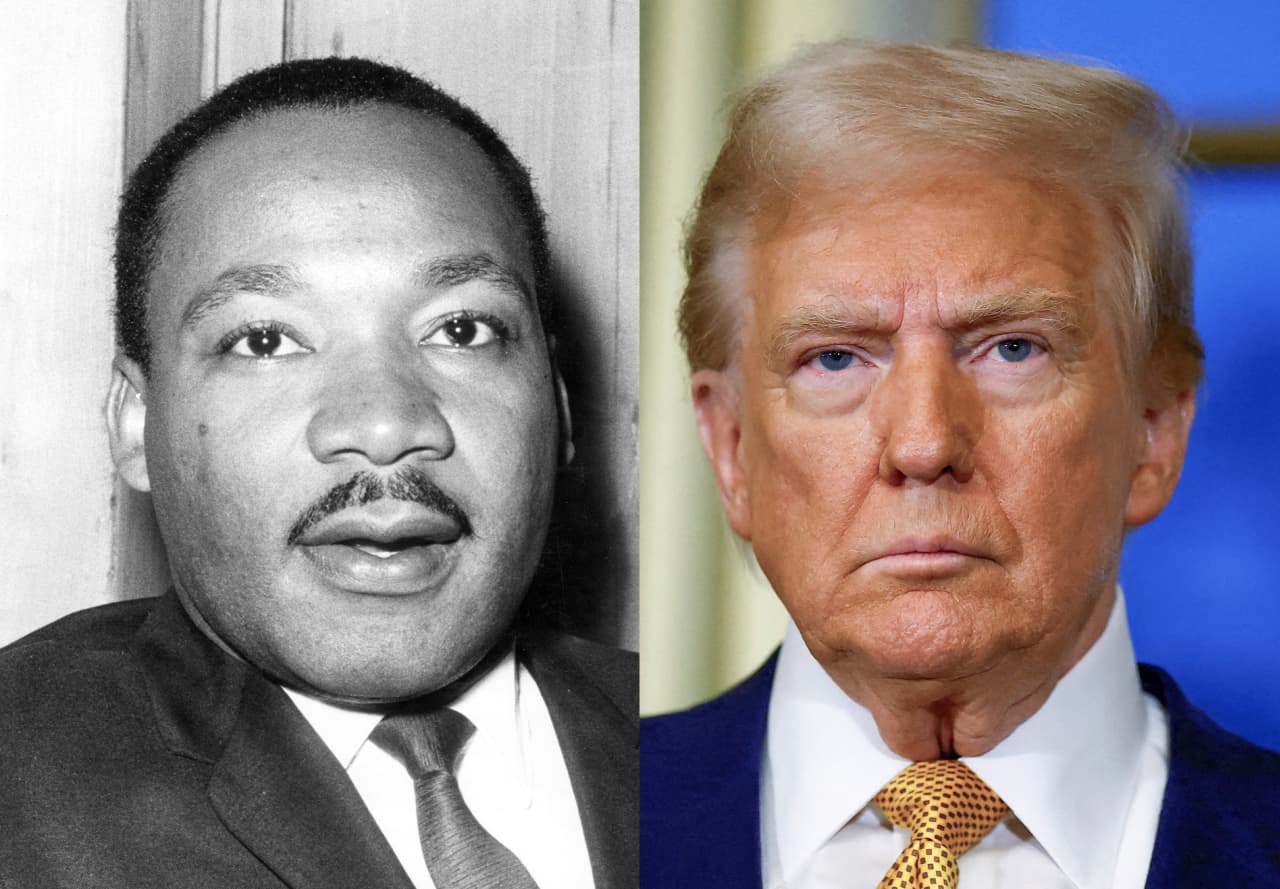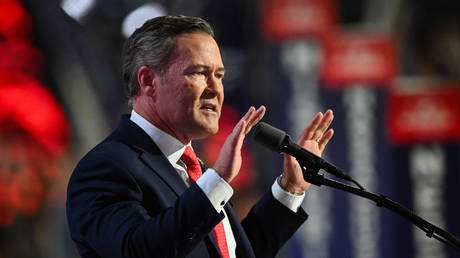Trump 2.0 is moving faster and hitting harder on tariffs, former Commerce Secretary Wilbur Ross says
President Donald Trump’s 2025 tariffs mark a strategic shift, according to former Commerce Secretary Wilbur Ross, who highlights a faster approach to curb Chinese trade tactics.
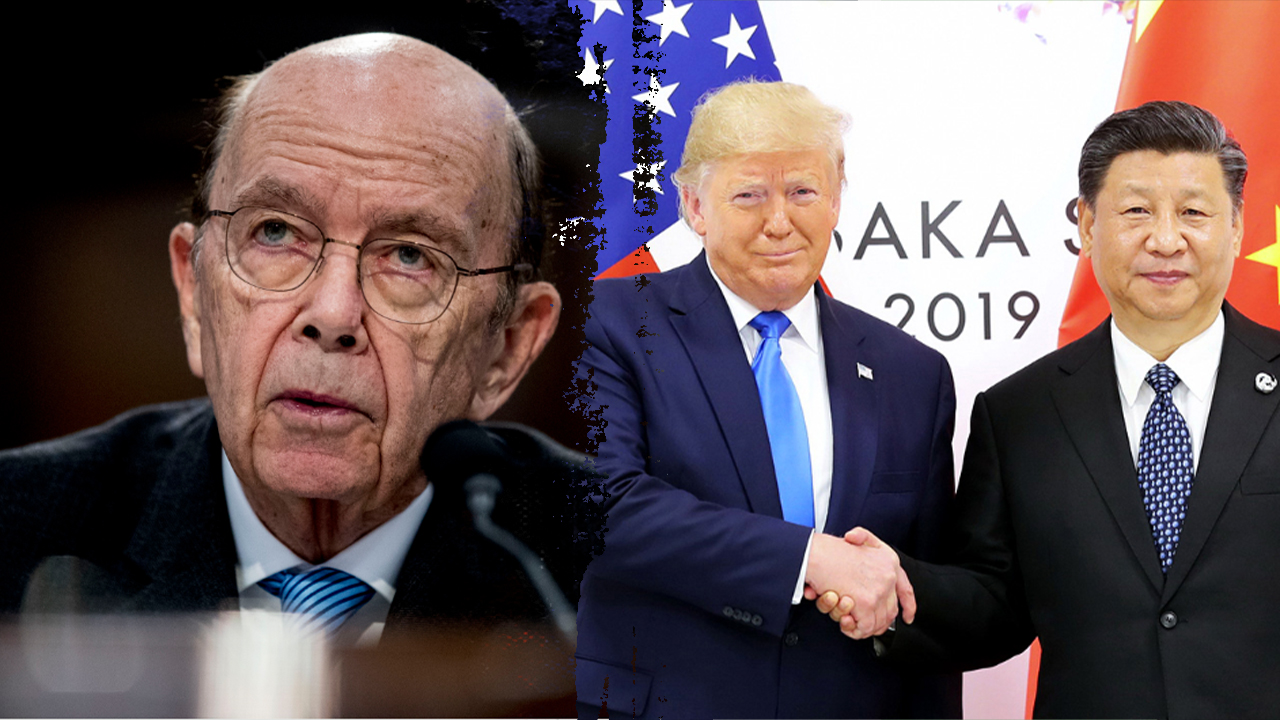
Former Commerce Secretary Wilbur Ross helped launch President Donald Trump’s trade wars in the first term – now he says the White House is moving faster, hitting harder and taking a more unilateral approach to trade policy.
In an interview with Fox News Digital, Ross – who served in the Trump Cabinet from 2017 to 2021 – said Trump is cutting red tape by using the International Emergency Economic Powers Act (IEEPA) instead of the slower, more bureaucratic trade laws from his first term, like Section 232 and Section 301.
"The main difference is that the laws we used in the first term required a fairly elaborate process of public hearings, a written report, and all sorts of consultation," Ross said. "Now, he can do it without much delay. But on the other hand, there’s not much interaction with affected parties."
The streamlined approach lets Trump impose tariffs with little warning – a shift that appeals to Trump's base but worries some U.S. businesses and allies shut out of the process.
TRUMP CLOSES TARIFF LOOPHOLE ON CHEAP ONLINE GOODS FROM CHINA
Under this strategy, Trump has progressively choked off Chinese imports throughout the first few months of his term. Ross urged Trump to lock in trade deals in the Asian region first as a way to alleviate tariffs and isolate China.
"I think there are several good candidates for a near-term resolution. India is clearly one. Japan is one. Vietnam, is another one. South Korea is another one, and possibly Mexico. If they got all five, that's the vast bulk of the trade deficit other than China," he said.
He predicted that the tariffs would bring some manufacturing back to the U.S. but would largely move manufacturing hubs from China to other low-cost nations more aligned with the U.S. like India, citing Apple’s recent announcement.
Additionally, while the administration zeroes in on China once again, Ross warned the Trump team to learn from the first administration’s mistakes and close loopholes – the CCP used to ship goods to third-party countries like Vietnam, who then ship them to the U.S.
OUTPLAYED: HOW CHINA BEAT THE US AT ITS OWN FREE TRADE GAME
"To prevent that from happening again, Trump is going to need to make some sort of a deal with other low-power countries so that Chinese goods don’t creep in," Ross said. He proposed a system where allied countries impose parallel tariffs on Chinese imports, ensuring that products like automobiles or electronics don’t enter the U.S. market through nations like Vietnam or Mexico with lower barriers.
Initially, the administration imposed a 10% tariff on all Chinese goods in February, citing concerns over fentanyl trafficking. That rate increased to 20% in March.
On April 2, dubbed "Liberation Day," Trump announced a universal 10% tariff on all imports, effective April 5, citing a national emergency to justify the move under the IEEPA.
Higher "reciprocal" tariffs were imposed on approximately 60 countries, starting April 9, with rates varying based on the U.S. trade deficit with each nation. For example, China faced a combined tariff rate of 54%, which later escalated to 145% by April 11. Other notable rates included 46% on Vietnam, 36% on Thailand, and 24% on Japan. These measures were presented as efforts to correct what the administration viewed as unfair trading practices and to promote domestic manufacturing.
Days later, Trump put the sweeping tariff plan on a 90-day pause to allow trade deals to play out with countries willing to negotiate – all tariffs were rolled back to 10% except those on China.
China is now "evaluating" Trump's offer to hold negotiations, its Commerce Ministry said Friday, while warning the U.S. against "extortion and coercion."
China has retaliated against Trump’s tariffs not only with its own tariffs but by further choking off its rare earth minerals supply to the rest of the world.
Ross also advocated for increased U.S. investment in critical minerals processing, despite the environmental costs, arguing that letting China dominate the sector carries strategic risks.
CLICK HERE TO GET FOX BUSINESS ON THE GO
"We have the resources, we have the reserves," he said. "But what China has done is drive the processing prices down so low… and under the Biden administration, there were pollution concerns." He dismissed those concerns as misplaced: "Whether it’s processed in China or in the U.S., the amount of pollution globally isn’t going to change. Pretending otherwise is a fiction."
While Trump insists Chinese President Xi Jinping wants to make a trade deal, Ross warned a Chinese deal would be far more of a headache than any other country.
"Dealing with China is inherently going to be more complicated," Ross said. "There are just so many more issues: intellectual property, market access, discriminatory treatment of subsidiaries of American companies. A whole host of issues we don’t have with other countries."
What's Your Reaction?


















